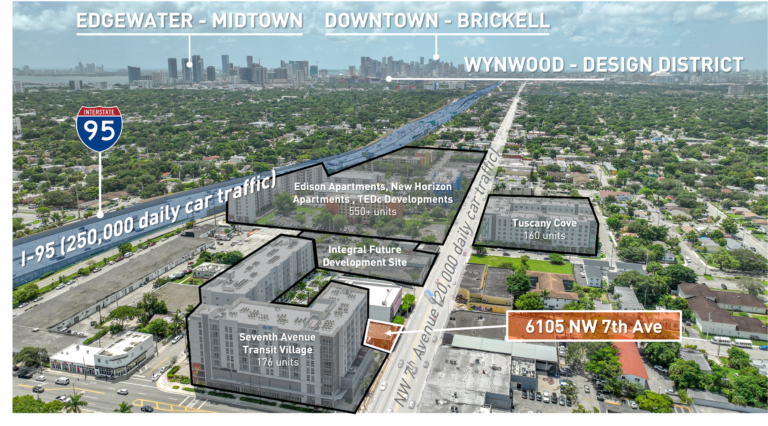Is there anything more frustrating than people who waste your time?
Your time is valuable. So is your brokers time. But do prospects always act that way? Nope.
Let’s face it, they call it “Miami Time” for a reason. I can’t tell you how often I’ve scheduled tours, inspections, and appraisals and for one reason or another the prospect arrives late or never. For a property owner, time spent showing property to unviable prospects or waiting for them to never show up at all is time that could be better spent. For brokers, while frustrating, this is part of the job and factored into our schedules.
A good broker knows how to schedule tours so that Miami traffic doesn’t delay them, but also makes sure the prospect has every bit of information that can help them arrive on time. Of course, even with the best intentions, sometimes that doesn’t happen. But brokers also know how to keep cool and professional so that even if delayed, the tour can proceed without emotions.
Preparation and Tours
Brokers must conduct detailed property research before tours. This preparation equips them with essential insights. Having comprehensive knowledge enables them to answer client questions confidently and address potential concerns swiftly. This is especially true for commercial properties, where uses and zoning codes can vastly change a properties’ desirability for each prospect.
Scheduling property tours efficiently is crucial. The broker must manage time wisely, align schedules, and ensure that each visit is seamless. Proper research ensures informed presentations and highlights key features confidently.
Brokers lead clients through properties, showcasing notable features and benefits, and potential uses allowed by zoning. They answer questions succinctly and tailor their approach to client preferences, ensuring an informative and worthwhile experience.
Role of the Broker in Inspections
Brokers coordinate with inspectors, ensuring schedules align. Effective coordination minimizes delays and misunderstandings. They often attend inspections to advocate for clients. Post-inspection, brokers examine inspection reports, identifying key issues. They communicate findings clearly to clients, offering informed advice and potential solutions. This guidance helps clients make well-grounded decisions, and prepare for possible buyer objections and how to respond to them.
My motto is to try to avoid any and all surprises during the inspections to head-off any possible retrades after the inspection.
TLDR
A broker plays a critical role in property tours and inspections. They spend a lot of time, getting to know the property, the zoning, and the pro’s and con’s of each building so that they can ensure clients and prospect make informed decisions. Sellers should leverage their broker’s expertise to navigate the complexities of real estate transactions.
A good broker enhances the understanding of the property. Their expertise identifies potential issues and highlights advantages early in the process to avoid delays during a more critical deadline in the transaction. This ensures clients make well-informed, confident decisions, which in turn leads to less wasted time later on.







